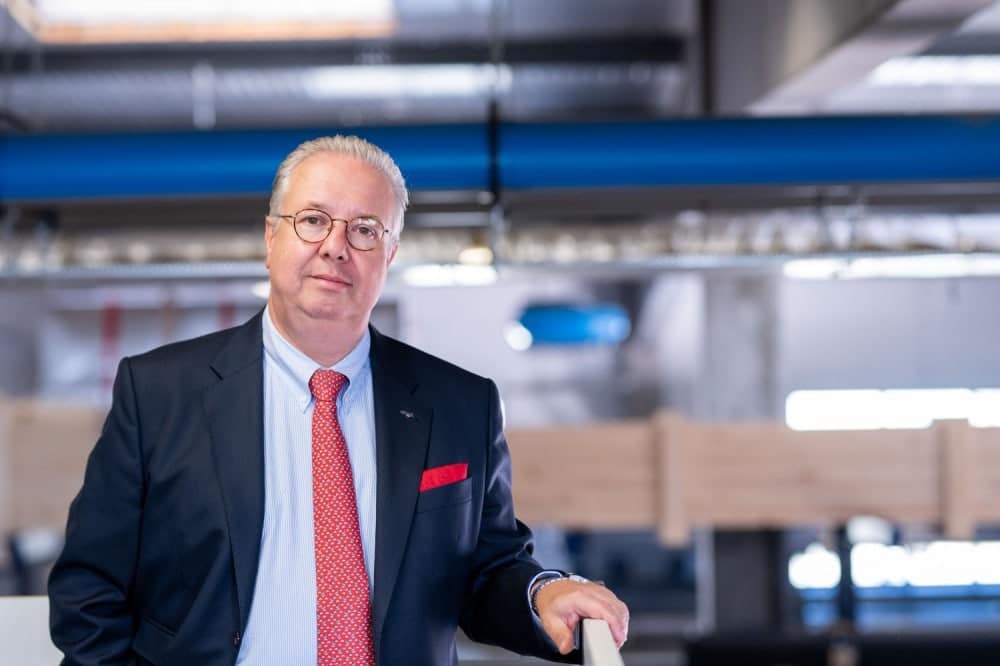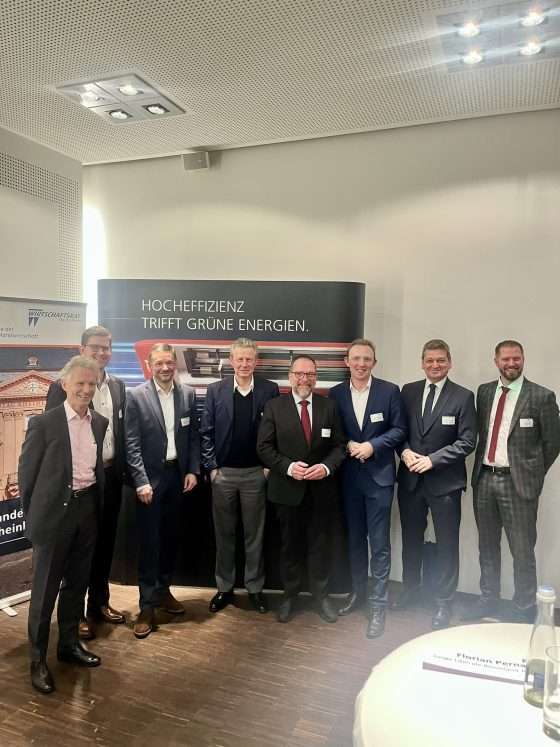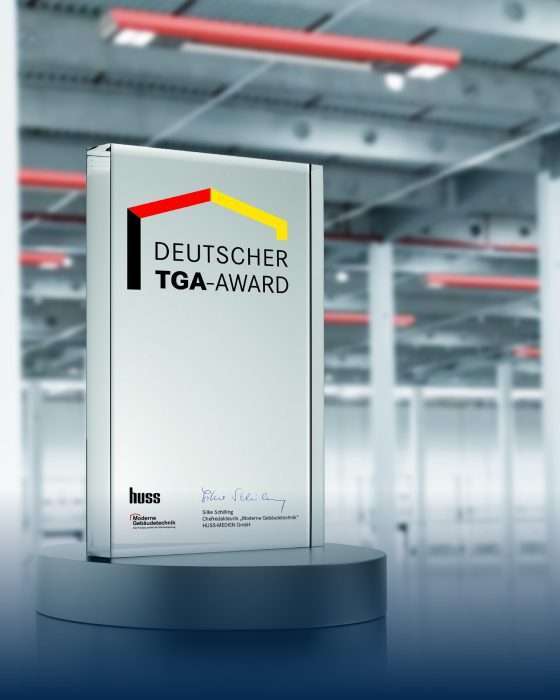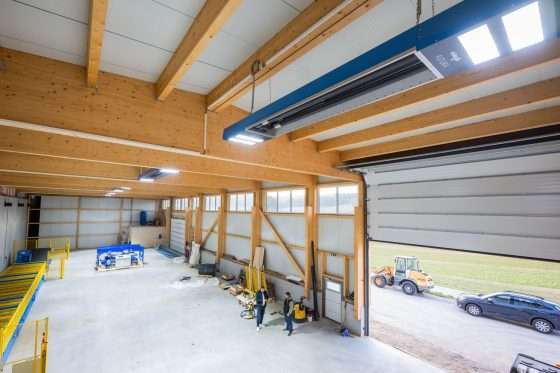The end of the chaos - Bundestag passes Building Energy Act (GEG)

"This is really good news for building owners, especially in the new build sector. The GEG finally takes into account energy-efficient technologies that can do more and are more economical at the same time."
says Thomas Kübler, Managing Partner of KÜBLER GmbH. With the new law, heating technologies can now also be used without any problems, which are clearly superior not only in terms of energy efficiency but also in terms of ease of use." In addition, there is another welcome effect: "From an overall economic perspective, operators of hall buildings now have many more design options at their disposal to realize energy efficiency in their companies. And at significantly lower investment costs".
For years, affected companies and associations have been fighting for the revision of the EEWärmeG. The criticism of this is that the wording of the law simply overlooked the special physical building conditions of rooms with a ceiling height of over 4 m and therefore focused on hydraulic systems, which are significantly less efficient and suitable here.
"With the GEG, we finally have a regulation that is open to all technologies and no longer excludes highly efficient systems that are tailored to the specific requirements of large-scale heating simply because the designers have worked in an undifferentiated manner."
says KÜBLER. The guiding principle "Efficiency first" is finally gaining in importance. Specifically, when the GEG comes into force, decentrally heated halls (zones) with room heights > 4 m will be exempt from the obligation to use renewable energies to cover heating and cooling energy requirements.
What's next? The draft bill to standardize energy-saving legislation for buildings was adopted by the Bundestag on 18 June 2020 with the votes of the CDU/CSU and SPD based on the recommendation of the Committee for Economic Affairs and Energy. There were no significant changes compared to the draft bill from January 2020. However, the abolition of the PV cap and the opened innovation clause (e.g. for hydrogen) should be highlighted. In the next step, the law must now be sent back to the Bundesrat and signed by the Federal President. After publication in the Federal Law Gazette, the GEG comes into force. EnEV and EEWärmeG will then be history.
Interested in our press photos?
Would you like to download all images from the article in the highest quality? Simply click on the button below and enjoy our press photos in the highest resolution!
-
Ludwigshafen - Clear messages, clear expectations: At the annual reception of the Rhineland-Palatinate Economic Council at the main site of KÜBLER GmbH, host Frederic Renz had clear words to say about the economic situation. „SMEs need what all companies in Germany urgently need: a clear direction and reliable political framework conditions. If you want economic growth, you have to create planning security,“ emphasized the Managing Director of the hall heating specialist. Around [...]
-
Heating halls efficiently, economically and functionally is a challenge. Because in these huge buildings with ceiling heights that often reach 20 meters, a lot of energy can quickly be consumed - energy that is expensive and, depending on the heating technology used, also causes high emissions. The building stock is often still equipped with inefficient and [...]
-
After KÜBLER Energiesparende Hallenheizungen was already recognized as a Top Company in 2023 and 2024, the company also received the kununu Top Company Award for an outstanding corporate culture this year. The employer seal recognizes companies with a high level of employee satisfaction and is awarded exclusively on the basis of independent reviews on kununu. Approximately five percent of all companies on kununu are recognized as [...]
-
Basically, it's quite simple: if it weren't for the new Heating Act (GEG 2024) and if the amendment had been less ideological and more technically sound, the heat pump debate would have remained where it belongs: in buildings suitable for this technology. But now, even industrial buildings are grappling with a technology that has its […]





